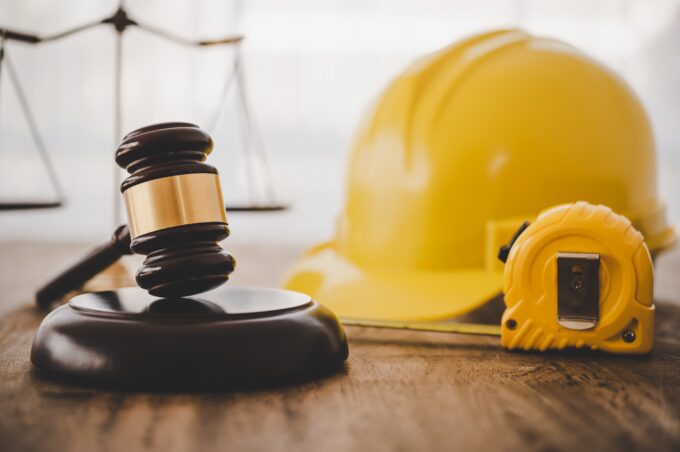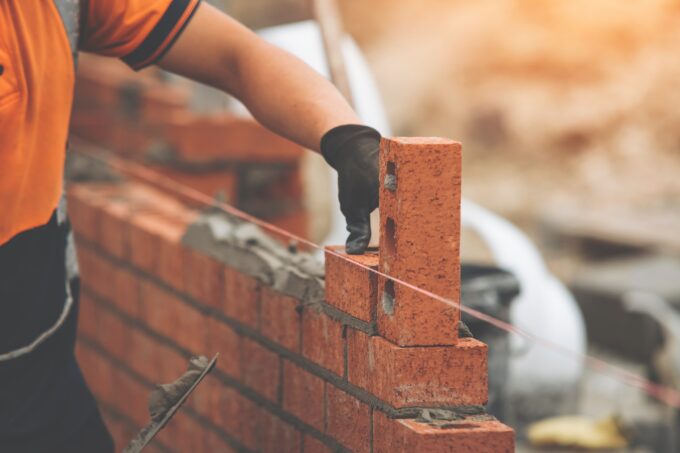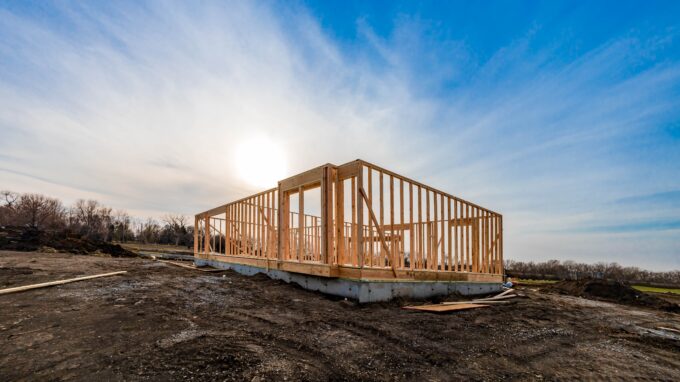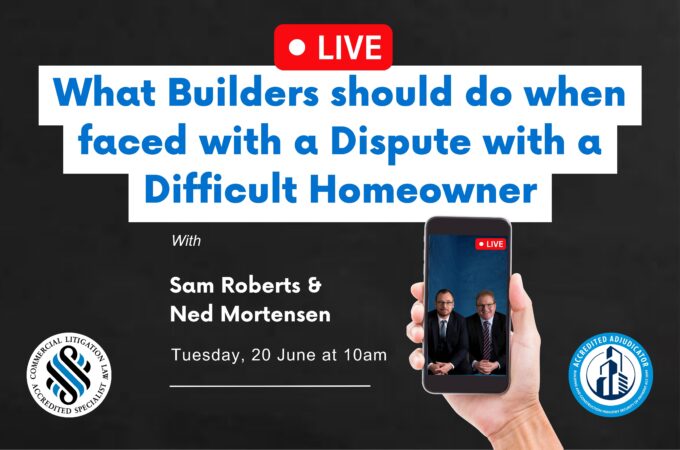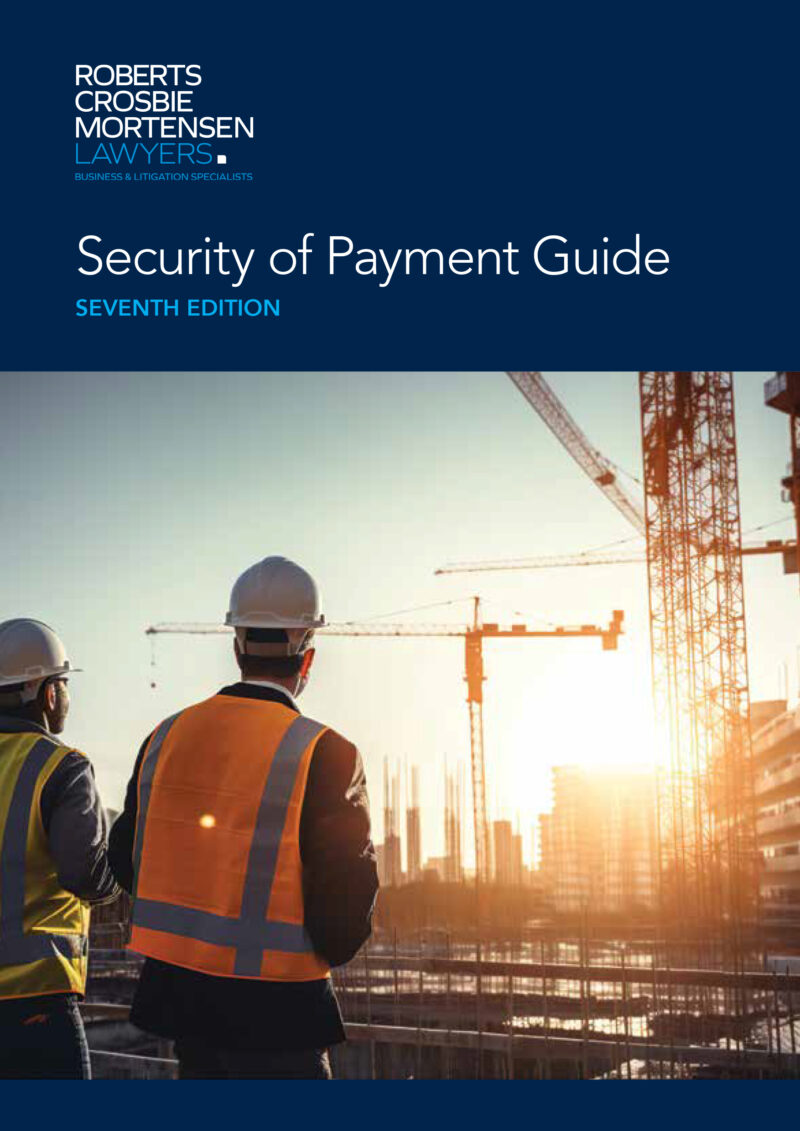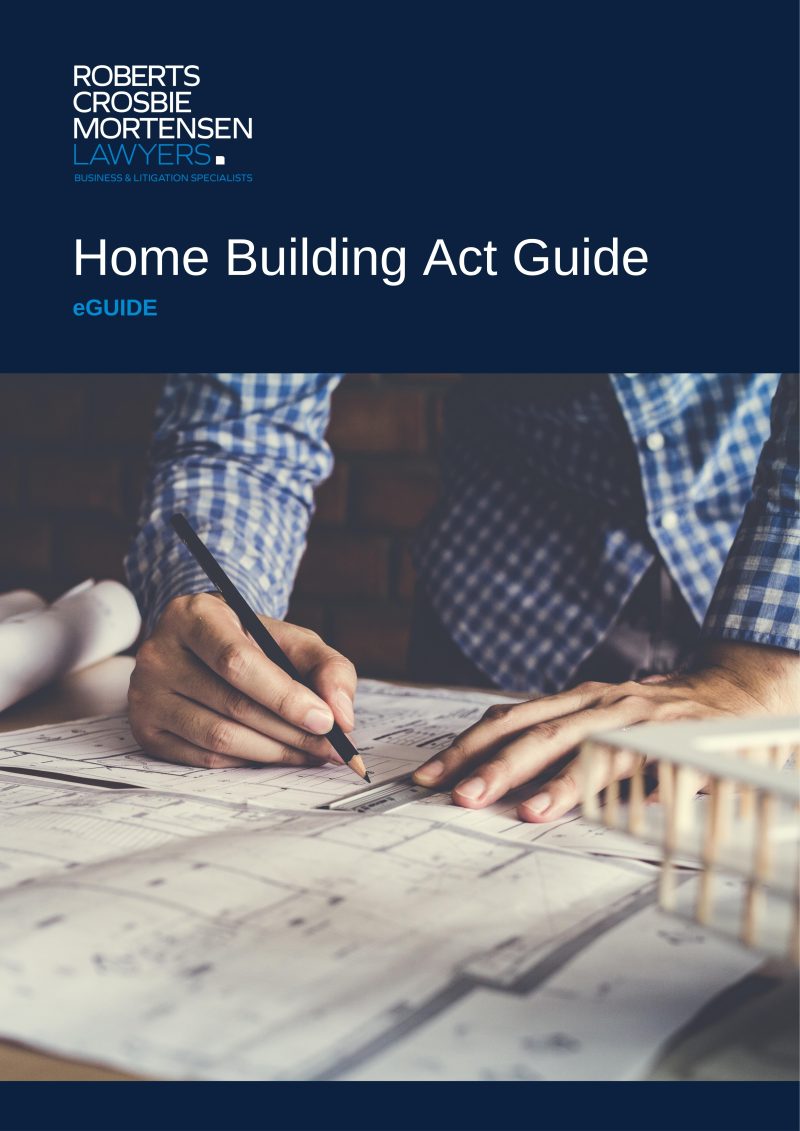For Homeowners
We’re taking a number of enquiries every day from people whose builders are trying to negotiate substantial increases to contract price. Whilst some contracts allow a builder to adjust contract price based on the rising cost of materials, most don’t. This is a time when homeowners should be especially wary of variations. Never forget that in almost all building contracts variations must be by agreement, and in NSW, all variations must be in writing and signed by both parties.
For Subcontractors
This is a great time to be a subcontractor. There is a huge amount of residential building activity right now and an undersupply of many trades. Insist on written contracts with builders. Both the Housing Industry Association and Master Builders Association have standard form subcontracts available. Make sure you understand and use the Building and Construction Industry Security of Payment Act 1999 (the Act). If you’re still unsure how the Act works, go to our website and download our Guide. If you’re not being paid promptly in accordance with the contract and the Act, stop work straight away in accordance with the Act and avoid further exposure to that builder.
In some instances, where a builder has not paid their subcontractor, the subcontractor may have a right to recover that money directly from the property owner. If you have done work for a residential builder that you haven’t been paid for, you should call us today to discuss your situation.
For Builders
If you’re under financial pressure, consider speaking to us about Safe Harbour Legislation. Under Safe Harbour Laws, Directors will not be personally liable for debts incurred whilst trading insolvent, if they can show they were incurred in connection with a course of action reasonably likely to lead to a better outcome for the company and its creditors as a whole. If you want to find out more about Safe Harbour, you can download our Guide.
Most builders are aware that their licence will be cancelled if there’s an external administrator appointed due to insolvency, but many don’t seem to realise that the cancellation is automatic and not discretionary, and that in many cases a new license can be immediately applied for.
The new application should provide NSW Fair Trading with information about the circumstances of the external administration, including full disclosure of the events and circumstances that lead to it including any relevant information about the steps taken to avoid it. Additionally, information should be provided about creditors, and a current statement of affairs will need to be disclosed.
If the company has entered into voluntary administration and a Deed of Company Arrangement (DOCA) is in place, NSW Fair Trading will only grant a licence upon the DOCA’s finalisation. This is an important consideration when deciding on the duration of any DOCA, which should be as short as possible to enable a prompt return to trade.
Last of all, make sure all of your debtors are paying you. Don’t forget that Security of Payment Laws now apply to homeowners just as they always have to commercial clients. Get your Payment Claims in on time, enforce statutory rights to payment and suspend under the Act where necessary.








